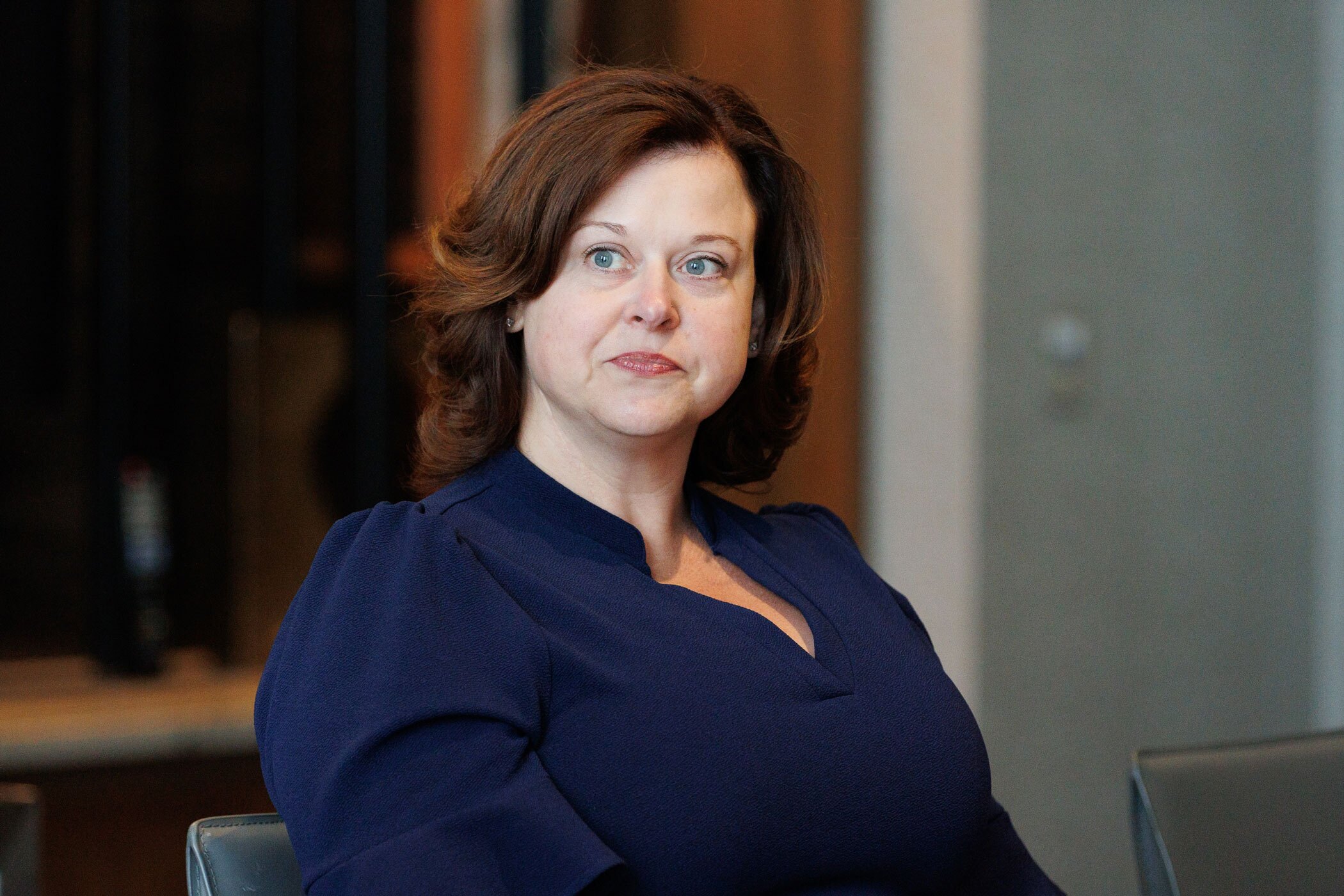NASHVILLE, Tennessee — A familiar buzzword in the hotel industry from the start of the COVID-19 pandemic has returned: uncertainty.
Andrea Martin, director of revenue management at the Margaritaville Hollywood Beach Resort, said a performance dip in March gave everyone a bit of a hard stop because no one was anticipating the drop-off.
"The uncertainty that we've had to manage is that we start months and you don't know where you're going to end," she said during a revenue-management roundtable hosted by CoStar News Hotels at the recent Hotel Data Conference.

There's a difference between the uncertainty of the pandemic era and the uncertainty of now, though.
Leah McFarland, senior vice president of revenue strategy at Crestline Hotels & Resorts, said it was socially acceptable to be uncertain in the industry in those times, but there's not much sympathy this time around.
"We're in a different place now. [For] owners — especially your publicly traded, your [real estate investment trusts] — 'I don't know' isn't acceptable," she said. "We're in a very different time than we were then, where we could say the world knew everything was uncertain, and now it's like, 'Well, no, you should have this figured out by now.'"
Part of the stubbornness from the hotel ownership side to hit previous goals stems from hoteliers' optimism heading into the year.
"This was supposed to be our stable year. This was going to be the new high for everybody," said Kristen Weaver, vice president of revenue management and ecommerce at GF Hotels & Resorts.
Comparison to 2019 is the thief of joy
Out of the pandemic, hotel owners and companies cited reaching peak 2019 results as the beacon of recovery. Six years removed, that's still the standard they are striving for.
But hotel revenue managers are ready to move on.
"We have to change the goalpost a little bit. Because I think this is the new normal, to a degree," McFarland said. "2019, light fire to that sucker. It ain't coming back."
Paul Wood, regional vice president of revenue management at Pyramid Hotel Group, said cycles in the hospitality industry typically last for five years before a new one begins. He added it's possible that 2024 was the apex of a new cycle.
Over the past two years, the hotel industry has been trying to figure out what the "new normal" looks like, Martin said. Whatever normal looks like in 2025, it's fundamentally different than what it was in 2019.
"That's the conversation I always have with owners: OK, are we good or bad compared to what? Because in 2019, occupancy was through the roof. ... I don't want to go back to the [average daily rate] we had in 2019 because the costs now are much higher than they were in 2019. We cannot go back completely," she said.
Hotel revenue-management strategies have matured, Wood said. Historically, the goal was to raise occupancy at all costs, including cutting rates. That hasn't been the case this time around.
"We held ADR and we continued to drive ADR, and you've got that inverse demand curve after the fact in a very mature hospitality market as it is that's kind of declining while your ADR continues to leverage itself and there's that equilibrium difference now because you've got this uncertainty moving, shifting down," he said. "We've learned our lesson about dropping ADR, finally."


